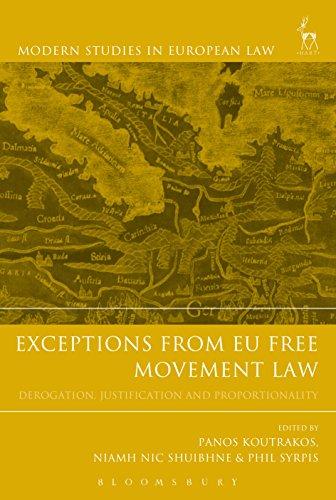Question
Alonzo v. Chase Manhattan Bank, N.A 25 F. Supp. 2d 455 (S.D.N.Y. 1998) A Hispanic employee sued his employer for national origin discrimination, alleging he
Alonzo v. Chase Manhattan Bank, N.A 25 F. Supp. 2d 455 (S.D.N.Y. 1998) A Hispanic employee sued his employer for national origin discrimination, alleging he was the only Hispanic in his unit and the only person subjected to name calling and racial slurs because of it. After the EEOC's determination and before bringing the case to court, the employee amended the complaint to include race discrimination. The employer argued that race was not included in the original EEOC complaint; therefore, the court had no jurisdiction to hear it at this point. In holding that it was permissible to include the new category because it was within the scope of what could reasonably have been expected to grow out of the EEOC investigation, the court discussed the uncertainty of race versus national origin discrimination. Sweet, J. *** Whereas the term "black," or even "Asian," does not trigger the concept of national origin or an affiliation to a particular country, the term "Hispanic" may trigger the concept of race. Thus, the allegations contained in Alonzo's EEOC charge would reasonably cause the EEOC to investigate discrimination based both on national origin and race, thereby satisfying the "reasonably related" requirement, even though he only checked the box labeled "national origin" on his EEOC charge. Alonzo stated his belief that he was discriminated against because he is Hispanic. While the term "black" is not associated with national origin, some courts have treated "Hispanic" as a racial category. In an oft-cited passage, the court in Budinsky v. Corning Glass Works, 425 F. Supp. 786 (W.D. Pa. 1977), reasoned that: The terms "race" and "racial discrimination" may be of such doubtful sociological validity as to be scientifically meaningless, but these terms nonetheless are subject to a commonly-accepted, albeit sometimes vague, understanding . . . On this admittedly unscientific basis, whites are plainly a "race" susceptible to "racial discrimination." Hispanic persons and Indians, like African-Americans, have been traditional victims of group discrimination, and, however inaccurately or stupidly, are frequently and even commonly subject to a "racial" identification as "non-whites." Whether being Hispanic constitutes a race or a national origin category is a semantic distinction with historical implications not worthy of consideration here. Thus, submits Alonzo, neither he nor the EEOC employee who filled out his EEOC charge should be penalized for not checking the box marked "race." Alonzo points out that because he did not state that he was the only Hispanic from a particular country treated in a discriminatory manner, he did not confine his claim to one of national origin discrimination. Due to Alonzo's pronouncement that he was discriminated against because he is an Hispanic, because it has not been established that the designation of being page 318an Hispanic precludes a claim of racial discrimination, and given the uncertainty among courts as to whether " Hispanic" is better characterized as a race or a national origin, Alonzo's claims of racial discrimination are reasonably related to his claims of national origin discrimination as they fall within the reasonable scope of EEOC investigation. Accordingly, Defendants' MOTION for judgment on the pleadings regarding the claims premised on racial discrimination is DENIED.
Explain the applicable law(s)
Holding:(How did the court resolve the issue(s)? Who won?)
Reasoning:(Explain the logic that supported the court's decision.)
Step by Step Solution
There are 3 Steps involved in it
Step: 1

Get Instant Access to Expert-Tailored Solutions
See step-by-step solutions with expert insights and AI powered tools for academic success
Step: 2

Step: 3

Ace Your Homework with AI
Get the answers you need in no time with our AI-driven, step-by-step assistance
Get Started


